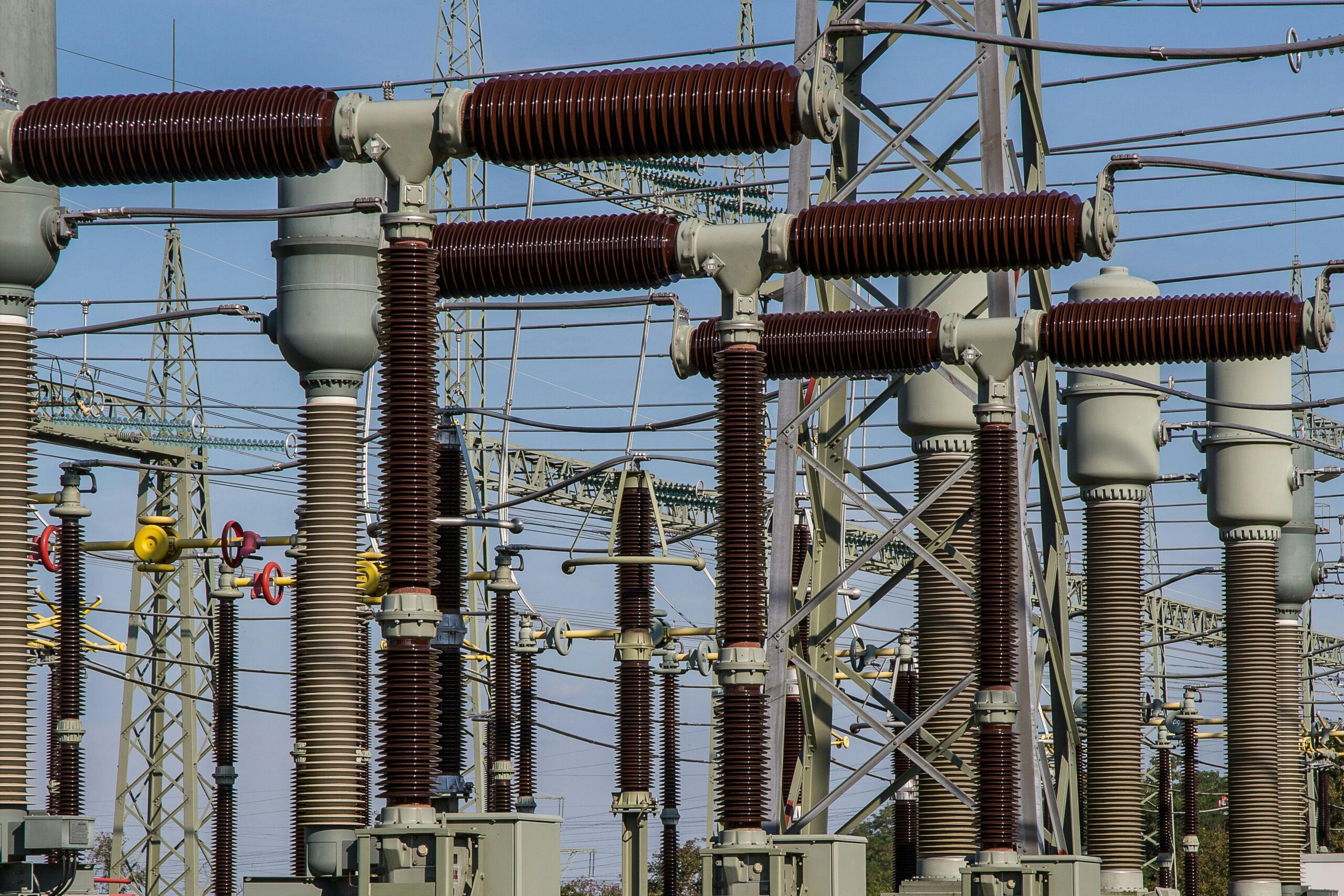Minnesota lawmakers have passed sweeping energy and climate legislation to modernize energy policy, accelerate clean energy adoption and enhance infrastructure resilience.
The legislation, Senate File No. 2, was introduced in a special session and was approved 90-41 in the House and 46-21 in the Senate. The bill allocates nearly $100 million over two years to the Minnesota Department of Commerce for significant investments in clean energy, electrification and energy resource initiatives.
The legislation allocates $38.7 million to help low-income households access federal weatherization programs and fund essential pre-weatherization work.
The bill allocates $11 million to transportation initiatives, with electric school bus grants receiving $6 million. Electric vehicle rebates targeted outside of major utility service areas will receive the remaining $5 million. A $15 million grant will also fund a high-voltage transmission project linking North Dakota and Minnesota. This grant leverages funding from the federal Infrastructure Investment and Jobs Act.
The bill prioritizes future-ready grid planning and storage. $3 million is allocated to residential energy storage grants. An additional $3 million will go to the Minnesota Energy Alley initiative, a public-private partnership aimed at fostering clean energy startups and talent pipelines. Lawmakers say this positions the state as a hub for energy innovation. Further funding will be used to align grid infrastructure with highway corridors and to pay for feasibility studies into using Minnesota’s iron resources for long-term battery storage.
This legislation will boost the availability of electric vehicles across rural parts of the state with $1 million directed toward dealer training and certification for EV sales.
Also included in the reform are plans to expand the state’s Energy Information Center to better support communities, businesses and local governments. Additionally, the state will update definitions and frameworks to include geothermal, microgrids and heat pump technologies. Pending commission approval, the legislation will authorize utilities to recover costs related to hosting capacity and grid enhancements through new tariff mechanisms.
Photo by Pixabay













